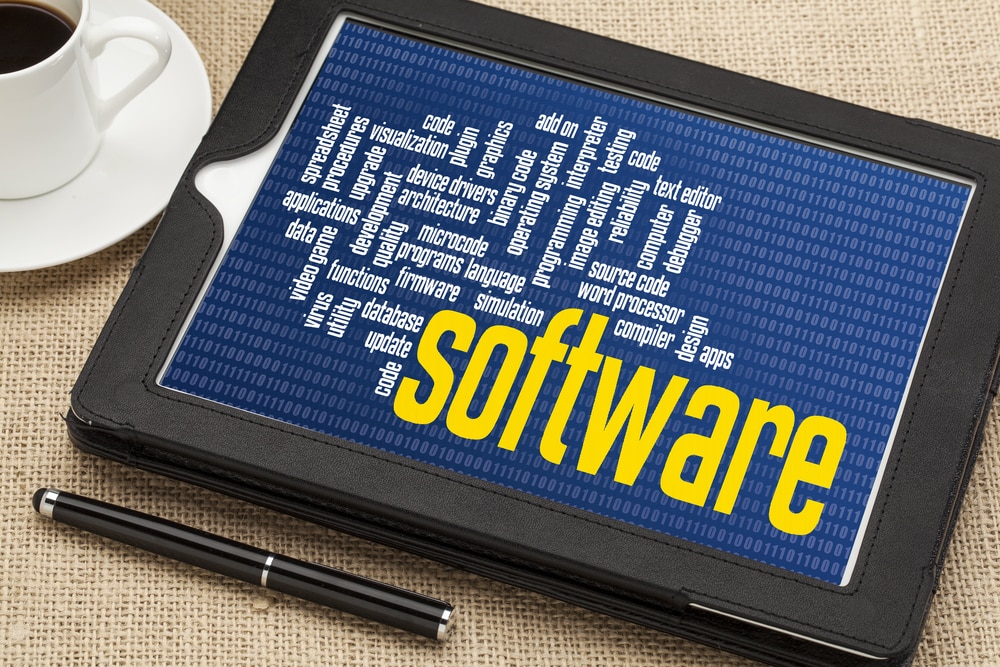How to Choose the Right Business Software for Your Company

As the CEO of a software company, I’m keenly aware that having the right business software for your company is absolutely critical in today’s economy. The right software can mean a smooth operation, reduced expenses and increased profit. By contrast, the wrong software can be a source of frustration and lost revenue, both in time and money spent trying to make an imperfect solution work perfectly. And if you’re not keeping your systems updated, outdated software can be riddled with bugs, easily infiltrated by viruses and be more prone to system errors.
 Regardless of the type of software your business needs, taking time to consider a few simple points can make all the difference between choosing the right software and wasting money on the wrong solution.
Regardless of the type of software your business needs, taking time to consider a few simple points can make all the difference between choosing the right software and wasting money on the wrong solution.
Know Your Need
One of the single biggest mistakes organizations make when evaluating software is not knowing exactly what needs the software must fill.
“To minimize rework and outages, take the time to study your current environment before moving forward and making installation and configuration decisions,” recommends IBM. “Your current business requirements and design, the hardware and software already installed, and an analysis of current strengths and shortcomings can aid you in determining the optimum design for your deployment environment. This planning could also help you minimize the financial investment needed for your current requirements.”
An important part of this step is to consider not only what your business needs now, but what it will need one, three or five years down the road. Investing in software your business will quickly outgrow, or in software that isn’t flexible enough to adapt to changing circumstances, is a costly mistake that is easily avoided by proper analysis up front.
Security
Target and Home Depot have recently made headlines for the high-profile data breaches each company suffered. Target maintained heavy losses in their late 2013 breach that spread well into 2014 with .the total cost of the breach [reaching] $110 million by the mid-year.” All the same, Home Depot claims to have suffered the loss of “Home Depot claims to have suffered the loss of s-data-br. Unfortunately, things are only expected to get worse. How?
“As more data is stored in the cloud, hackers are eager to capitalize on the value of consumer online credentials,” according to Experian’s 2015 Second Annual Data Breach Industry Forecast. “There is an expected increase in cyber-attacks to access consumer passwords and other data stored in the cloud.”
As more and more business applications utilize the cloud, it’s important to make sure the software you invest in, and the company that provides it, has a reputation for security. For example, what security options does the software include? Does the software encrypt stored data? What level of encryption is supported? While SSL or AES-128 may have been sufficient in years past, more robust encryption algorithms are needed in view of today’s threats. Finding out if the software vendor is SOC certified is a good place to start.
Evaluate the Vendor
And speaking of the software vendor, all too often, companies make the mistake of looking exclusively at the software to the exclusion of properly evaluating the vendor. The tech world is filled with example after example of great ideas that were poorly executed and mismanaged by companies that have long since disappeared.
“When investing in software, either purchasing a licensed software solution or using a Software as a Service model, vendor stability is key to ensuring that the vendor will be around in the future,” writes Jeffrey Barry for F. Curtis Barry & Company. “Does that mean a vendor has to have been in business for 25 years? No, but there are questions that need to be answered. Besides how long the vendor has been in business, consider if the executive team includes proven industry leaders. What is the size of the vendor? What is their core business, and does their software support your industry?”
Another important factor when evaluating a vendor is analyzing what their long-term goals are. Some companies are interested in building and maintaining a brand that will be here for years to come. For other vendors, their long-term goal is to get acquired by a larger company. If that’s the case, will the software you invest in today still be the software you need when a potential buyer takes over development? Will their long-term vision be the same as the original developers? Knowing what a vendor’s goals are, and whether they align with yours, is a valuable part of your evaluation process.
The correct business software can make the difference between success and failure. Weigh your options, choose software that meets your company’s needs, protects you customers’ data and will be there for your business in the years to come.
About the Author: Curt Finch is the CEO of Journyx. Journyx strives to be relentlessly creative and to build tools that help you spend your time on things that matter. After all, time is all we have. Founded in 1996, Journyx offers customers two solutions to reach the highest levels of profitability: Journyx – project, time and expense tracking software – and Journyx PX – resource management software that provides work and financial forecasting for a complete picture of project and budget status, employee time and availability. Connect with Curt on Google+.
Category: Business Growth & Strategy Technology
Tags: Vistage International

